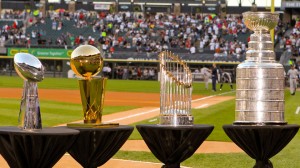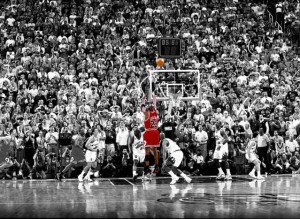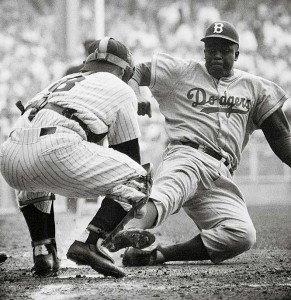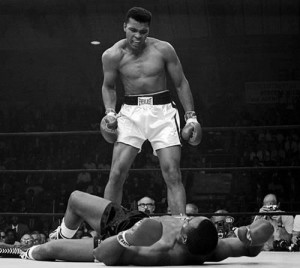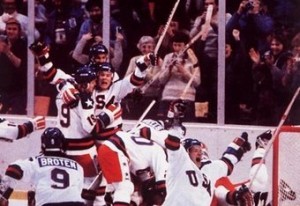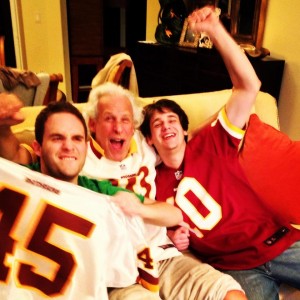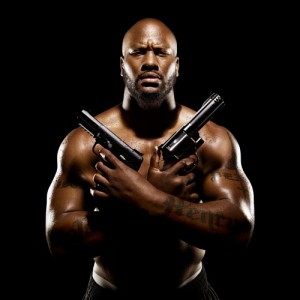 Are guns synonymous with toughness?
Are guns synonymous with toughness?
Do they make one appear cool?
Have guns become necessary for protection?
Are they simply a guilty pleasure?
The answers to these questions differ depending on whom you ask. The one guarantee, however, is that guns are an increasingly prevalent aspect within the professional sports world.
Luke Scott, currently with the Tampa Bay Rays, said in a 2006 interview with ESPN that he estimates that 50 percent of MLB players at the time owned some type of gun. In the same article, Roger Renrick, a body guard whose worked for NBA stars such as Jalen Rose and Paul Pierce, guessed that roughly 60 percent of NBA players possessed a gun. NFL free agent receiver Jabar Gaffney estimated that close to 90 percent of NFL players owned a gun.
Of course, it is perfectly within one’s right to own a firearm. Many athletes use guns for sport and protection.
But, let’s review the past few years. In 2010, All-Star guard Gilbert Arenas was suspended for brandishing a gun in the Wizards locker room during a dispute with teammate Javaris Crittenton. A year later, Crittenton was arrested for the shooting death of a 22-year-old mother of four.
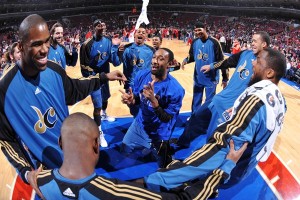
Gilbert Arenas mocked the locker room incident shortly after during pre-game warm ups.
In May of 2012, All-Pro linebacker Junior Seau committed suicide by shooting himself in the chest multiple times. In late 2012, Kansas City Chiefs linebacker Jovan Belcher fatally shot the mother of his child a total of nine times before killing himself shortly after.
These are only three examples out of the many gun related incidents involving professional athletes.
Many athletes grew up in crime ridden areas where gun possession was wide spread. To carry a firearm was similar to having a cell phone, barely an after thought. Whether it was for protection or other uses, owning a gun was commonplace. Unfortunately, that same mentality has manifested itself into an epidemic at the professional level.
The association between guns, coolness and toughness is deeply embedded. These childhood tendencies and viewpoints have clearly stayed with many of the current professional athletes.
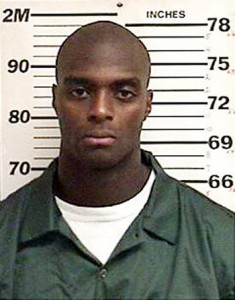
NFL receiver Plaxico Burress was sentenced to two years in prison for criminal possession of a handgun.
Pop culture has contributed to the mainstream acceptance of guns. Our television shows, video games and movies are saturated with gun violence to the point that it has desensitized us to the true dangers. Popular musicians in the Hip-Hop genre frequently praise their weapons in their lyrics. American culture regularly employs fake violence as entertainment. Growing up in this type of environment is bound to condition one to associate positive attributes to negative actions.
For every professional athlete that has a fascination with guns, there are a handful of regular people with the same affliction. There are young kids who look up to these athletes as role models and emulate their behavior. If they are bombarded with popular media that reinforces the coolness of guns and see their heroes using them frequently, it is only reasonable to expect them to do the same. Gun culture may be a critical problem within the sporting world, but its effects seep into everyday life as well.
Ultimately, there needs to be a better understanding of the dangers that accompany guns. Incoming players need to be further educated on gun violence and proper firearm conduct. There have to be programs that counter the negative effects entertainment yields in regards to guns. Players, as well as regular people, need to be shown that guns don’t make someone cool and tough and instead can lead to horrific violence. When examples like Jovan Belcher, who owned over eight guns, surface it crystallizes the fact that the need for weapons exceeds mere protection within this culture. There are other factors under the surface that are driving this fascination and it is these factors that need to be addressed.
The core issue is not just that there exists a gun culture among professional athletes, but that a gun culture exists throughout the country.
As with many problems, the mentality behind this attraction needs to be changed for the good. It may be extremely difficult to break habits that have developed since childhood. But, we are seeing the NFL attempt to do it with player safety on the field. There should be increased focus for safety off the field as well.
In a recent interview with Jon Stewart, Bob Costas discussed the gun related issues that plague professional sports. Costas succinctly argued that their needs to be a greater emphasis placed on combatting the attitude towards guns rather then repealing the Second Amendment. The issue is not the infringement of one’s rights and the changing of laws. Rather, it is the popular nature of guns among the players. There is a lack of understanding, regardless of intent, of what guns are capable of.
Costas goes on to say, “What are the chances that out of every 100 incidents, that these [guns] are being used for sporting purposes, or just legitimately for self-defense, as opposed to something tragic, even if it’s unintentionally tragic, happening?”
It’s time that the major sporting organizations join together and dismantle the gun culture that exists within professional sports. This will serve as the first step for disbanding gun culture as a whole.
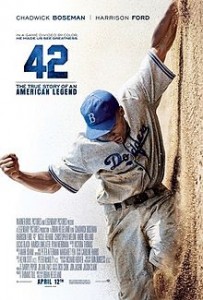 What is amazing about quality period pieces is the ability to draw parallels between that particular time and the present. To use the past or the future as a window into the current makes everything feel a bit more real. The Jackie Robinson biopic “42” does exactly that.
What is amazing about quality period pieces is the ability to draw parallels between that particular time and the present. To use the past or the future as a window into the current makes everything feel a bit more real. The Jackie Robinson biopic “42” does exactly that.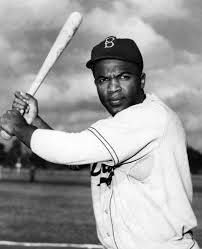 Breaking barriers is an immense challenge. While I am extremely proud and thankful that Jackie Robinson had the emotional and mental fortitude to accomplish such a change, the work is not over. Today, we face a new barrier.
Breaking barriers is an immense challenge. While I am extremely proud and thankful that Jackie Robinson had the emotional and mental fortitude to accomplish such a change, the work is not over. Today, we face a new barrier.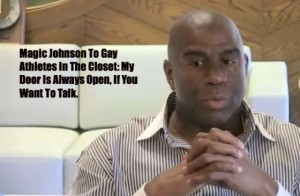 Of course, there are some examples of courageous honesty that are met with nothing but support. Brittney Griner, the likely number one overall pick in the WNBA draft, recently confirmed the rumors of her sexual orientation. “Be who you are” Griner said in her statement. All Robinson wanted to be was a ballplayer but for the longest time the public wouldn’t let him, only because he was a littler different than them.
Of course, there are some examples of courageous honesty that are met with nothing but support. Brittney Griner, the likely number one overall pick in the WNBA draft, recently confirmed the rumors of her sexual orientation. “Be who you are” Griner said in her statement. All Robinson wanted to be was a ballplayer but for the longest time the public wouldn’t let him, only because he was a littler different than them.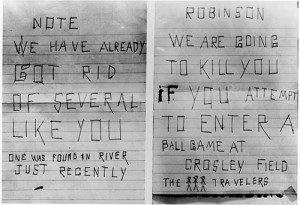 Let us hope that unlike in Robinson’s era, we do not see everything in black and white.
Let us hope that unlike in Robinson’s era, we do not see everything in black and white.